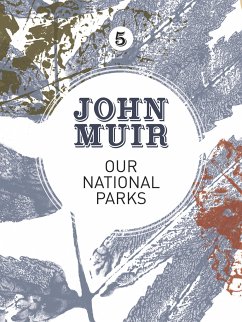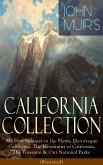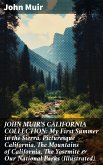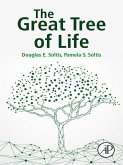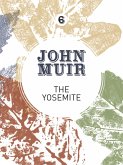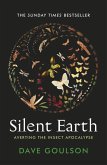First published in 1901, Our National Parks is possibly the bestselling book of Muir's wilderness-discovery titles and was certainly the most influential published in his lifetime, with a strong focus on the preservation of forest reserves.
With a strong political tone and shrewd, subtle manoeuvring, Muir uses Our National Parks to persuade his readership of the necessity of nature and national parks for human recreation and more importantly for health and wellbeing, as well as the - in his mind - obvious need for preservation of wild ecosystems.
Cannily he counterbalances this with the acknowledgement of the need for timber and irrigation systems, in order that his message is taken seriously; Muir's passion is portrayed so vividly and flamboyantly that without his learned political and scientific reinforcement, he could be misconstrued as purely a radical and eccentric nonconformist. However, the two combined result in an engaging and convincing argument that these landscapes are our 'natural home', and 'fountains of life'.
As Muir expert Terry Gifford observes in the foreword, 'Muir's tone can shift in this book from seductive persuasion, to charming details of creatures, flora and landscapes, to scientific information, to trail guide, to religious uplift, to a final political speech of startling ferocity.'
John Muir's strategic yet genuine and beautiful conservationist essays were a first at the time of publication, and are still highly applicable to our attitudes and lifestyles today in the twenty-first century.
Dieser Download kann aus rechtlichen Gründen nur mit Rechnungsadresse in A, B, BG, CY, CZ, D, DK, EW, E, FIN, F, GR, H, IRL, I, LT, L, LR, M, NL, PL, P, R, S, SLO, SK ausgeliefert werden.

